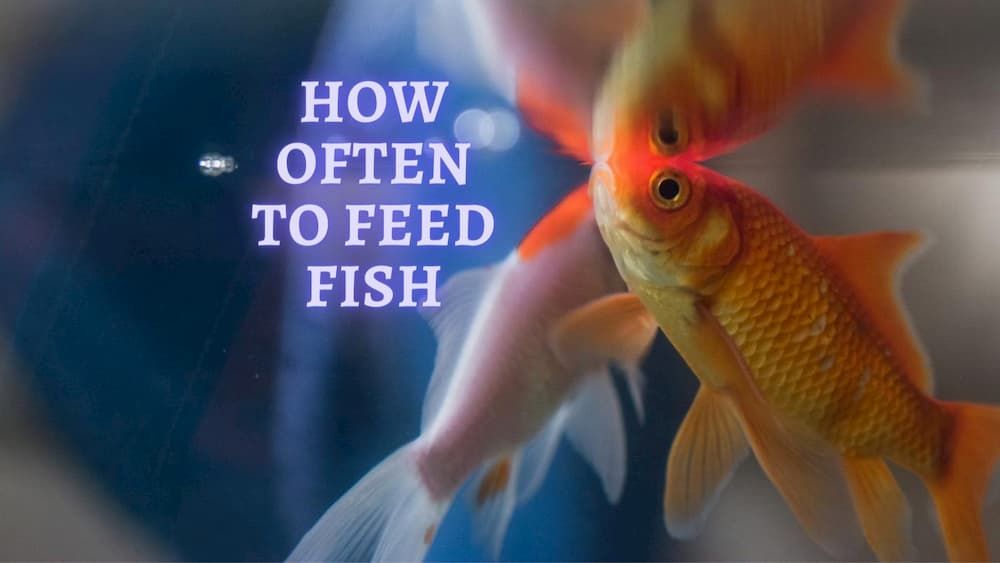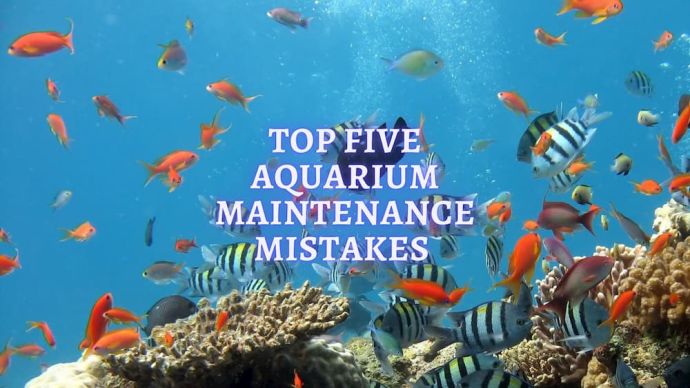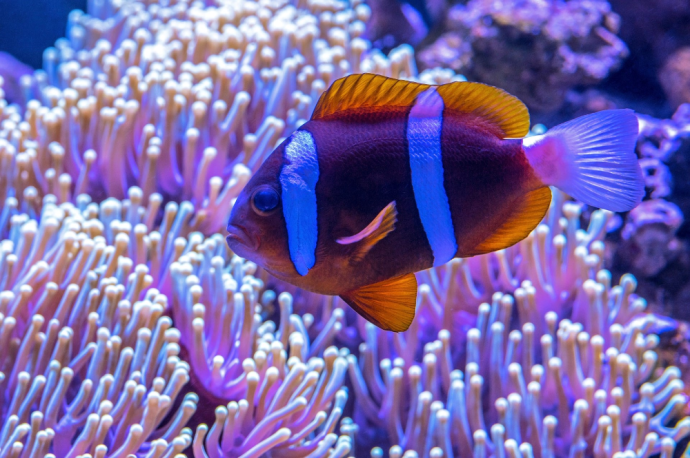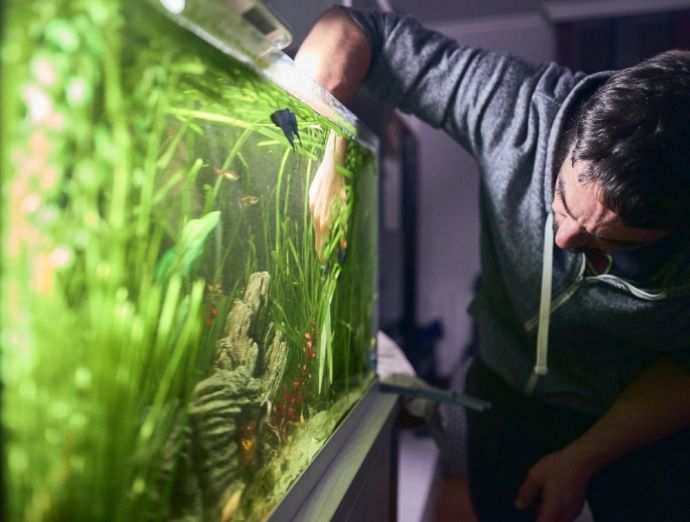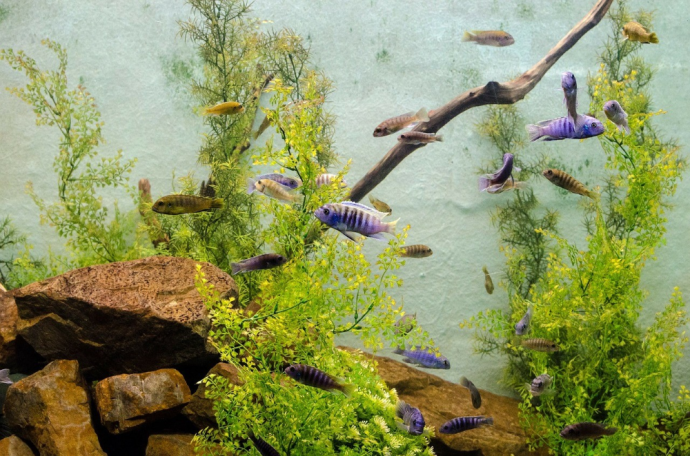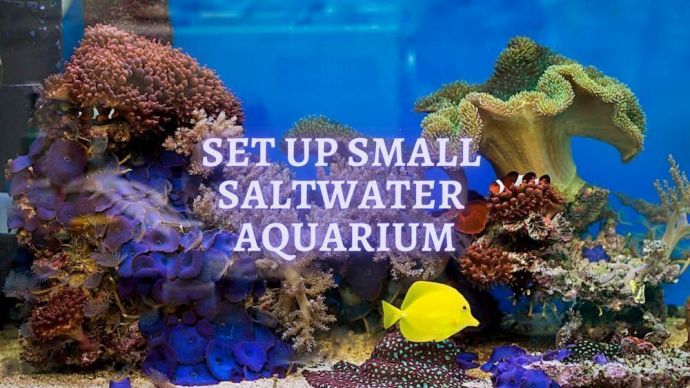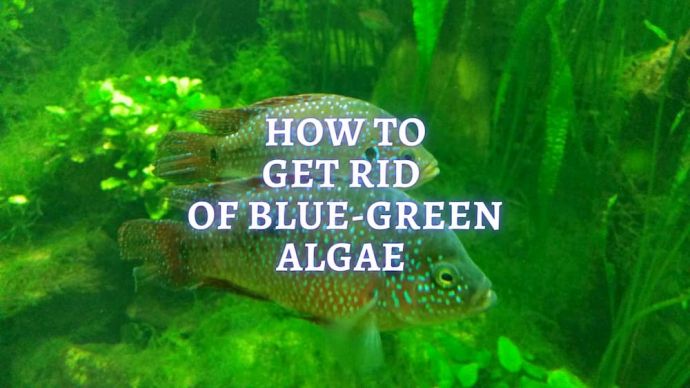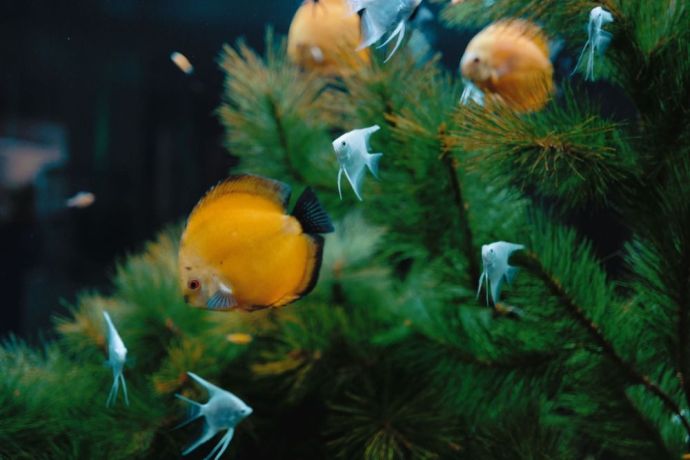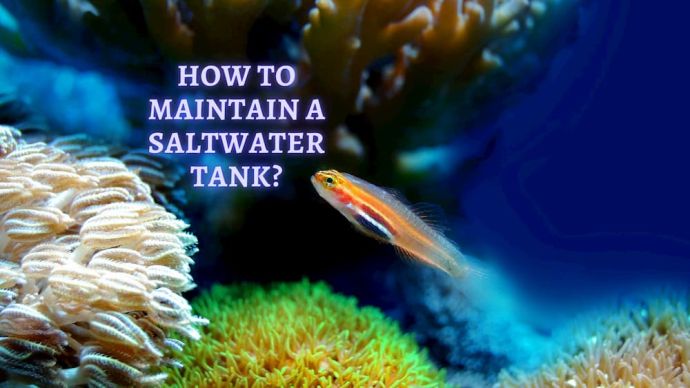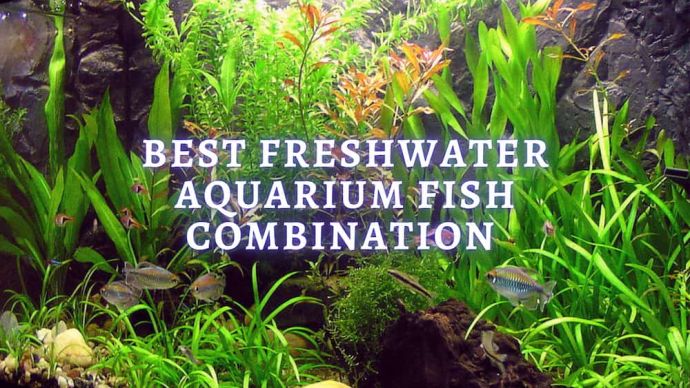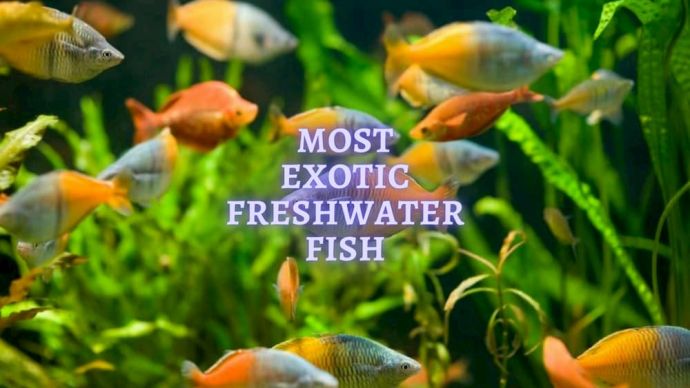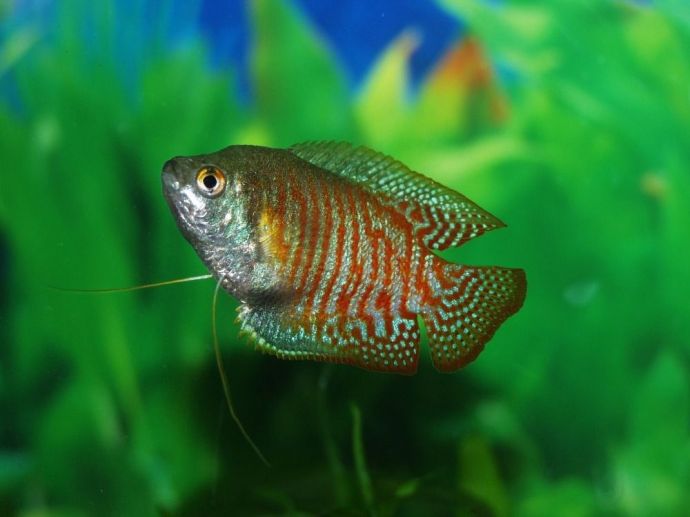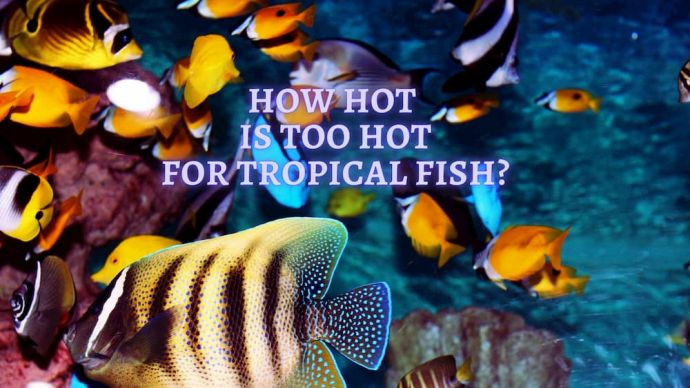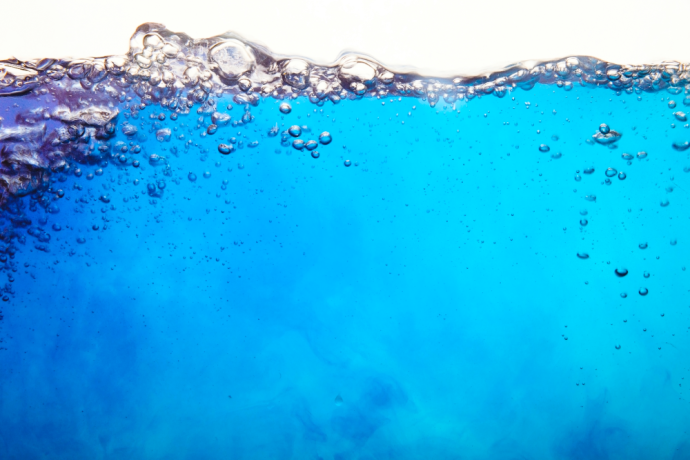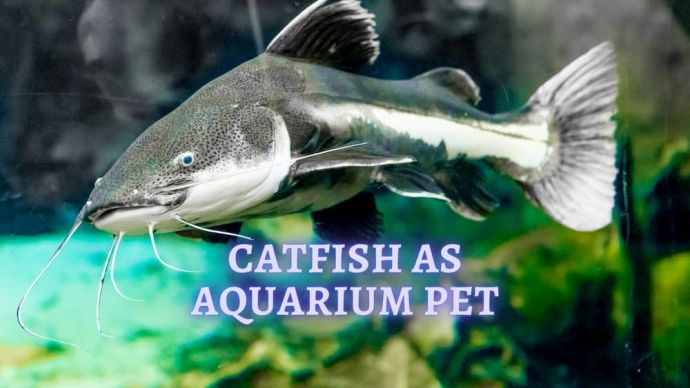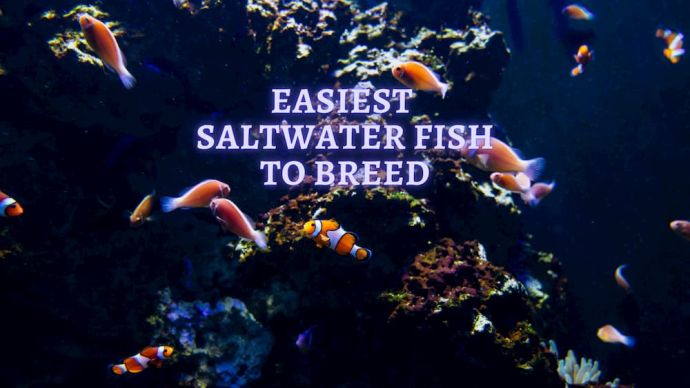How Often to Feed Fish? Fish Feeding Schedule
Written by:
Author: Vicki Smirnova
Vicki Smirnova is a professional writer and editor who adores animals and helps readers get along well with their pets. She has been working in digital media for more than 5 years and has great experience writing content about lifestyle, including pets. Vicki specializes in dog health and nutrition, cat feeding, dog training. She is an aquarium lover and is passionate to write about fish care at home. Also, Vicki headed several websites and worked as a news editor.
View all 244 articlesLearn about our editorial process and veterinary review board.
Viewed: 2131
Updated on: 01/25/2023
Before you commit to owning and looking after fish, you must first learn the basics and feeding that certainly comes under that category. While the vast majority of people are well aware of what and how often to feed pets such as cats and dogs, some are left confused as to a few key questions surrounding fish feeding. How often do you feed them? How much do you feed them? Can they die from overfeeding? We have designed this helpful guide to ensure that you know all the ins and outs of the fish feeding process, answering a number of the most-asked questions on the internet:
How many times per day do I need to feed Fish?
The basic rule for most fish is to feed them once or twice a day. However, the finer details depend on the size and species of your fish. For example, larger sedimentary fish can go longer without food than far smaller and more active fish who need regular meals. Herbivore fish are known to spend their time foraging throughout the day, using up vital energy, meaning that they should be fed more frequently, but in small doses.
Fish with high metabolisms, such as newly hatched fish or small fish, should be given food regularly. The water temperature can also affect how often you need to supply food, as warmer water regulates metabolism, meaning the fish have to be fed more regularly. If you have a shared tank with fish of all shapes and sizes, the general and safe rule is to feed them once or twice a day.
However, it does not hurt research into the individual species to familiarise themselves with their preferred eating habits. For example, some fish owners like to fast their fish one day per week to clear their digestive systems.
When should I feed my Fish?
When living in the wild, fish often feed early in the morning and again at dusk. This is why most fish owners choose to feed their pets when they wake up and again before they go to bed. Herbivores and omnivores forage throughout the day, meaning they eat more regularly and at different times. Nocturnal fish are also known to enjoy their meals at night in the darkness.
When it comes to pet fish within aquariums, they will learn when their regular feeding times are depending on when you choose. Having said this, if you can stick to morning and evening feedings, then that is advised.
Turn the aquarium light on and leave it on for 30 minutes before feeding in the morning. After feeding in the evening, leave the light on for another 30 minutes to let the fish feed before turning it off. If you have any nocturnal fish, feed them after turning the tank light off.
How long can Fish go without eating?
When in the wild, fish often have to deal with long periods without food and are rarely able to source sustenance each and every day. Some species have even been known to go a month without feeding. However, that does not mean that you can get away with not feeding your aquarium fish for 30 days.
When it comes to freshwater pets, grown fish can often go between three and seven days without food. Adult fish built up a body mass that is sufficient for missing a few meals every now and then. While this means that you can enjoy a weekend away on holiday without worrying about their health, you should still make every effort to feed them every day if you are around.
If you have any newly-hatched fish fry, they need to be fed a few times a day, meaning they cannot last without food for days. There are so many variants when it comes to calculating how long a fish can go without food, including its size, age, health, and weight. Newly-hatched fry should not be left without food. Beyond that, we advise that you research the individual species within your tank and find out how long they can go without food while not damaging their long-term health.
Can I Feed my Fish once a week?
As mentioned above, some adult fish can survive without food for days on end, although it is never a recommended feeding schedule if you can help it. If you are around, you should always be looking to feed your fish once or twice a day. However, if you are away for work or on holiday and have no one who can stop by and feed the fish, it can be helpful to know how long they can last without food, while also ensuring that their long-term health is not affected. Here are some of the most popular fish species that can live one week or more without food:
Here are a few of the most popular fish pets and how long they can last:
- Betta – 7-14 days. Read more about what to feed betta fish
- Goldfish – 10 days. You can red more about live plants for goldfish
- Koi – 14 days
- Guppies – 7-10 days
- Danios – 14 days
- Tetras – 10 days
- Platies – 10-14 days
- Mollies – 14 days
- Angelfish – 7 days
- Rasboras – 7 days
- African Cichlids – 10 days
- Plecos – 10-14 days
- Oscars – 14 days
- Swordtails – 14 days
- Corydora Catfish – 14 days
- Barbs – 14 days
- Discus – 14 days
- Loaches – 10 days
- Gouramis – 14 days
To know exactly how long your fish can last without food, if necessary, we advise researching the individual species. Factors such as age, weight, health, and size may also come into play, so be thorough with your research to ensure that no harm comes to your pets.
READ MORE: The 15 Best Fish Tanks
Can Fish die from Overfeeding?
While it is unlikely that fish die as a direct result of overfeeding, it can have a number of known on effects that damage the health of your fish, eventually resulting in death. For example, overfeeding can cause high nitrate levels, high ammonia levels, reduced oxygen, and dirty water, all of which can contribute to the fish’s declining health within the tank. Having said that, many fish do not know when to stop eating and feeding them too much can also cause dietary issues. Luckily, it is pretty simple to spot when you are overfeeding your fish, allowing you to adjust your routine accordingly.
Here are the most common signs that you are overfeeding your fish:
- Uneaten food is left behind, and the fish do not seem interested
- The water within the tank becomes cloudy, has foam/froth, and smells bad
- The filter is clogged even though you just cleaned it
- Algae is growing far quicker than normal
- The nitrite and ammonia levels within the tank have increased
- Nitrate levels are extremely high or the PH levels are very low.









